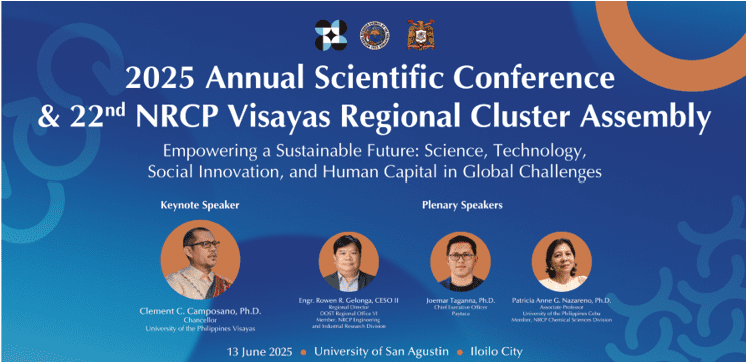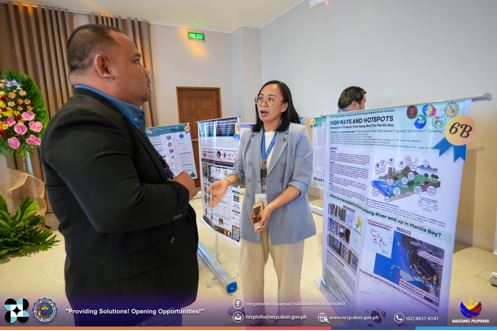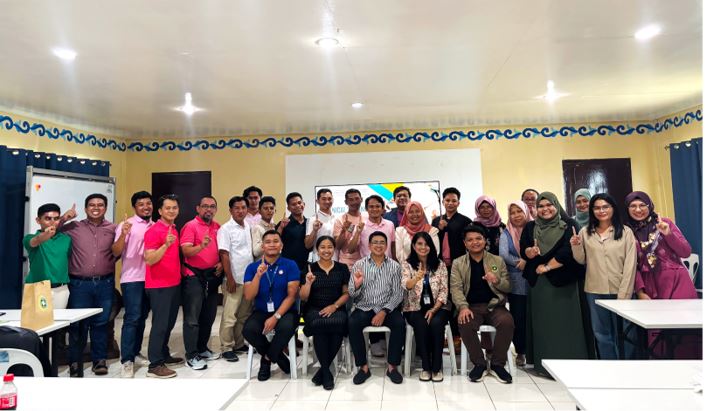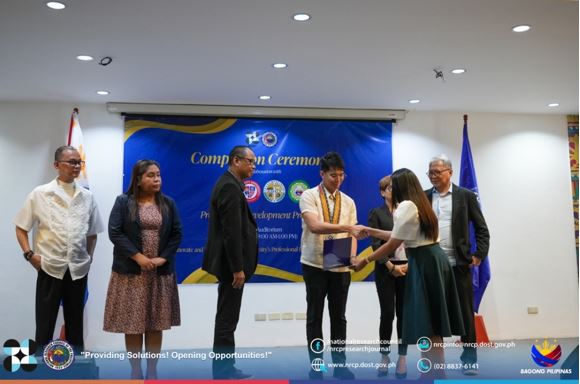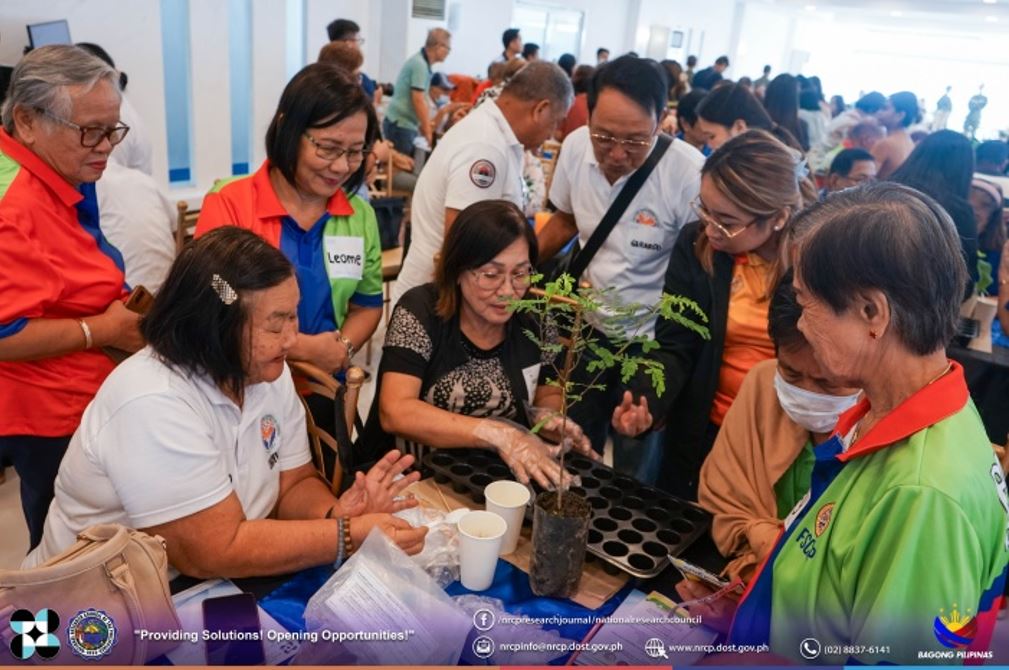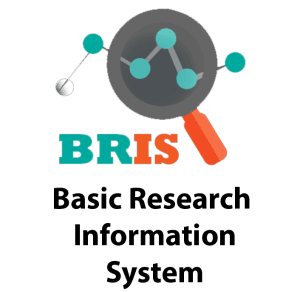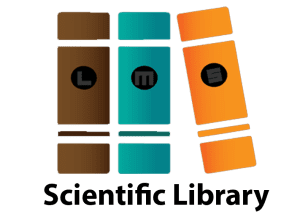INTERNATIONAL SCIENTIFIC ORGANIZATIONS
WITH ANNUAL MEMBERSHIP DUES
International Council for Science (ICSU)
ICSU is a scientific non-governmental organization representing a global membership based in Paris, France. It coordinates interdisciplinary research to address major issues of relevance to both science and society. In addition, it actively upholds freedom in the conduct of science, promotes equitable access to scientific data and information, and facilitates science education and capacity building. The Council acts as a focus for the exchange of ideas, the communication of scientific information and the development of scientific standards.
International Foundation for Science (IFS)
IFS is based in Stockholm, Sweden. It invites promising researchers from developing countries like the Philippines to submit research proposals in areas such as agriculture, animal health and production, forestry, aquatic resources, biological, chemical, socio-cultural or economic research topics that are important for the conservation, production or renewable utilization of biological or water resources. IFS grant covers equipment, expendable supplies, literature, and field activities.
International Mathematical Union (IMU)
IMU is based in Berlin, Germany. Its principal objective is to promote and facilitate international cooperation for the advancement of mathematics in developing countries. The Philippines is one of IMU’s country members, with NRCP as adhering organization. NRCP designated the Mathematical Society of the Philippines (MSP), based at the UP Department of Mathematics, which acts as liaison between NRCP and IMU. Both NRCP and MSP provide equal share in the payment of annual membership dues to IMU.
Pacific Science Association (PSA)
PSA is a non-governmental scholarly organization that seeks to advance science and technology in and of the Asia Pacific region, by fostering interdisciplinary and international research and collaboration. It focuses on key issues in the region in order to engage science in the service of human needs and improve both the environment and quality of life of the region’s peoples; serves as catalyst for scientific and scholarly collaborations; promotes scientific capacity-building; fosters effective communication among scientists, policymakers, and the public; actively links the Pacific Island states to regional and international scientific activities; and promotes the “Science of the Pacific”.
WITHOUT ANNUAL MEMBERSHIP DUES
German Research Foundation (Deutshe Forchungsgemeinschaft)
Deutshe Forchungsgemeinschaft has its liaison office in Washington D.C. It is the central self-governing organization responsible for promoting research in Germany. It serves all branches of science and the humanities. It supports and coordinates research projects in all scientific disciplines, particularly in the area of basic research to applied research of young scientists/researchers. Every German scientist and academic is eligible to apply for DFG funding. Research proposals are submitted to peer reviewers, who are elected by researchers in Germany in their individual area of expertise every four years.
Science Council of Asia (SCA)
SCA is based in Tokyo, Japan. It is an international organization which brings together scientists and scientific organizations from all academic fields, including the cultural and social sciences as well as the natural sciences and technology. It is composed of 3 eligible organizations from each member countries. In the case of the Philippines, the following professional organizations have been admitted into SCA: National Research Council of the Philippines, Philippine Social Science Council, and the Philippine Association of Marine Science.
OTHER INTERNATIONAL ORGANIZATIONS
National Research Foundation of Korea (NRF)
NRF was established on 26 June 2009 from the merger of Korea Science and Engineering Foundation, Korea Research Foundation, and Korea Foundation for International Cooperation of Science and Technology – an innovative step to streamline research administration system in Korea in order to generate synergy effect by encouraging balanced and comprehensive support for all academic and research areas including humanities, science and technology.
Science and Technology Policy Institute (STEPI)
STEPI conducts research on social and economic issues pertaining to the national science and technology policy. STEPI makes a consistent effort to maintain a stable network that fundamentally offers a field of interaction and communication to the contributing communities. Its network serves as the national ground for the trade of interdisciplinary ideas among all the concerned parties, including government offices.
PLACED IN THE OBSERVER CATEGORY BY THE FOLLOWING INTERNATIONAL ORGANIZATIONS
Committee on Science and Technology in Developing Countries and International Biosciences Networks (COSTED-IBN)
Council for International Organization for Medical Sciences (CIOMS)
International Federation of Social Science Organizations (IFSSO)
International Geographical Union (IGU)
International Union of Biological Sciences (IUBS)
Regional Energy Resources Information Center (RERIC)






